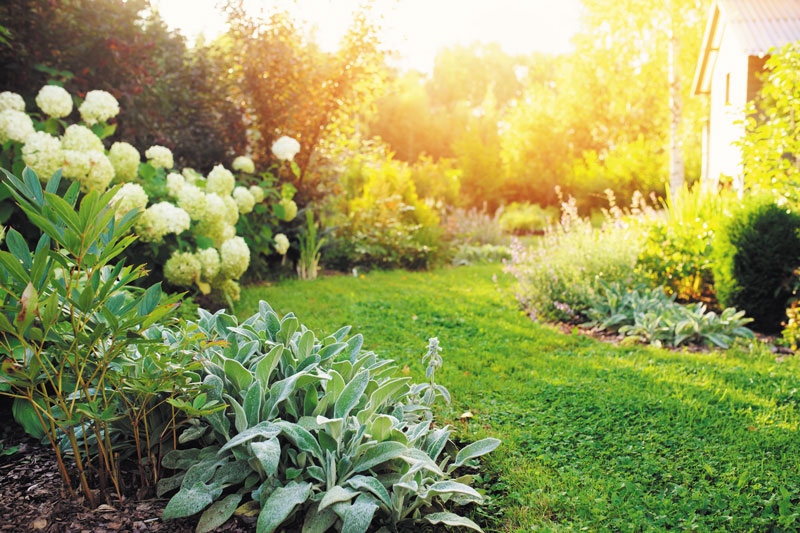
Glyphosate banned from residential use
By Suha Chari
Sustainable Scripps Ranch
There’s good news! Glyphosate, the main ingredient in many weedkillers such as Roundup, the world’s most heavily used, is finally banned for residential use.
Yes, it may be a small step, but it’s come about due to the awareness, diligence and deep caring of many, and by organizations like As You Sow. These folks don’t just care about their families’ health and their own, but that of everyone else, all life in fact, and for the soil that sustains us.
What is so bad about weedkillers? For one, they deplete the soil of microbes and fungi essential for plant growth. They have given rise to super weeds that are resistant to herbicides, resulting in the development of more deadly weed killers like Dicamba and Chlorpyrifos.
A known carcinogen, glyphosate was found in 93 percent of people, and 60 percent of surface water tested in the Midwest by the University of California San Francisco (UCSF) recently. Pre-harvest use of it is seen to greatly increase residues in foods.
As concerned citizens and responsible parents, how can we be good stewards of our environment, yet manage the pests and weeds that challenge us? Robust plants in healthy soil are the best defense against them. For extra help, experts suggest:
1. Use cardboard and straw to cover overgrown areas, and let sit for a season.
2. Invite birds into your garden; hang bird feeders near trees with aphids; let birds take care of them.
3. Encourage beneficial insects by NOT using pesticides, and building a bug shelter.
4. Use beer traps for snails and slugs.
5. Use a thick layer of mulch to prevent weed growth and keep moisture in.
6. Avoid digging when possible, as it may bring up weed seeds from below.
7. Remove weeds before they flower, to avoid proliferation.
8. Plant comfrey around veggie patches to prevent grass creeping in. The leaves are great for compost, as mulch and liquid feed.
9. For persistent insect problems, use a fine mesh to cover the plants during fruiting season.
10. Grow different plants together (polyculture) except corn, to prevent bugs from devastating any one crop.
For more details, please
check: bit.ly/3shTdEy.
It is heartening to note that just by changing your diet to organic, glyphosate levels in the body can be greatly reduced, as seen here: bit.ly/3jYzB4M
Let us be vigilant about what we allow into our bodies, and into that of Mother Earth.

